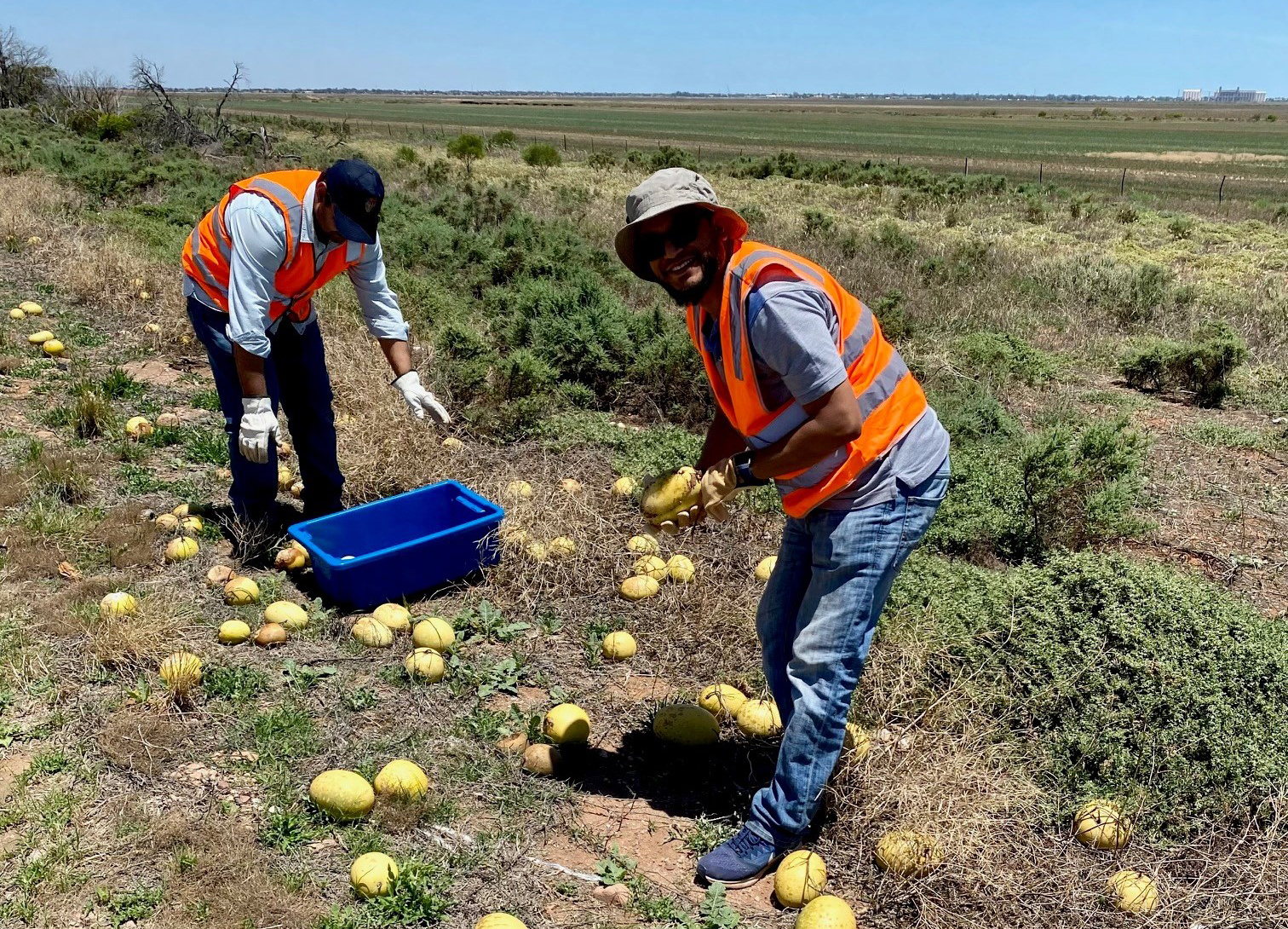
Enzymes from Invasive Weed Show Promise for Bio Cement Production
March 6, 2024| |
Researchers from the University of South Australia reported that enzymes from an invasive weed known as paddy melon could be used for developing bio cement. This discovery shows potential for the construction, mining, and forestry industries.
The researchers evaluated 50 native plants and weeds to look for cheaper and more eco-friendly sources of urease enzymes for bulk production. Of all the weeds evaluated, the paddy melon showed the greatest promise, showing characteristics similar to enzymes from soybeans, which are a more expensive source and commonly used for food.
“Compared to the production of commercial enzymes, paddy melon enzymes are cheaper, more sustainable, and more efficient than other enzymes used to cement and stabilize soils,” said Professor Mizanur Rahman.
Aside from being a good substitute for commercial enzymes, harvesting paddy melon for such use will also solve the problem of the agriculture industry with these invasive weeds. Furthermore, the same enzymes from the paddy melon could be used to secure tailing dams by forming a natural protective layer that traps harmful waste material and prevents it from leaking. This offers a more sustainable and potentially cheaper alternative to traditional methods.
Find out more from the University of South Australia.
| |
You might also like:
- Enzyme That Converts Air to Electricity Can Become New Source of Renewable Energy
- Scientists Develop CasPER, a Method for Enzyme Modification
- Max Planck Researchers Engineer Key Enzyme in Photosynthesis
Biotech Updates is a weekly newsletter of ISAAA, a not-for-profit organization. It is distributed for free to over 22,000 subscribers worldwide to inform them about the key developments in biosciences, especially in biotechnology. Your support will help us in our mission to feed the world with knowledge. You can help by donating as little as $10.
-
See more articles:
-
Plant
- Next-level Microscopy Reveals More About Photosynthesis at Atomic Level
- RNA Interference Controls Two Insect Pests in Tobacco Plants
- Study Reveals the Role of SIBEL11 in Preventing Premature Fruit Drop in Tomato
- CGIAR's Crop Innovations Impact 221 Million Hectares Worldwide
- Enzymes from Invasive Weed Show Promise for Bio Cement Production
- Scientists Introduce a Novel Method to Protect Plants from Viruses
-
Food
- Pinoy Biotek Seminar: PCR Based Detection Kit for Salmonella
-
Health
- Novel Software Rapidly Models Glycoprotein Structures to Boost Drug Development
- Silencing a Gene Lowers Cholesterol in Mice
-
Read the latest: - Biotech Updates (December 17, 2025)
- Gene Editing Supplement (December 17, 2025)
- Gene Drive Supplement (February 22, 2023)
-
Subscribe to BU: - Share
- Tweet

